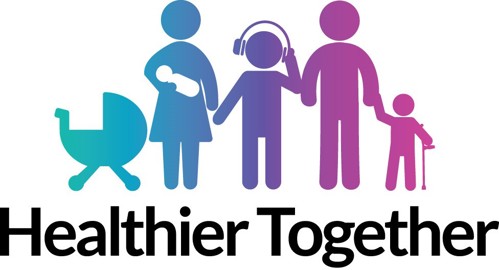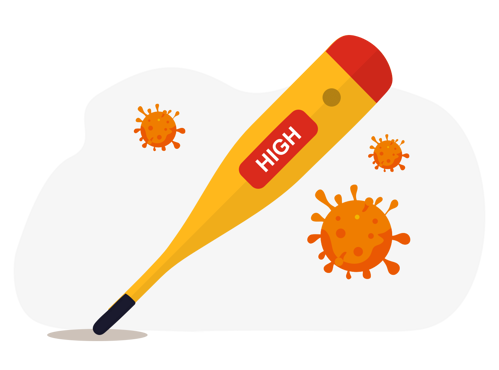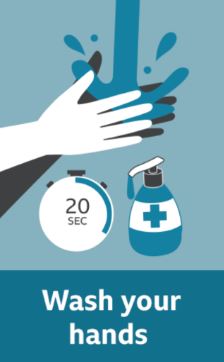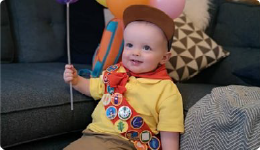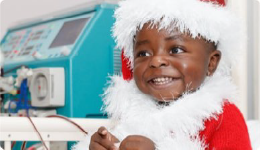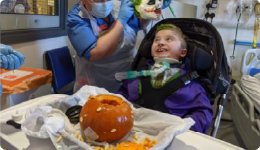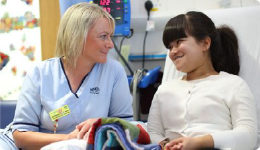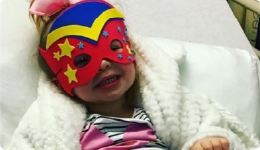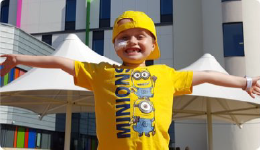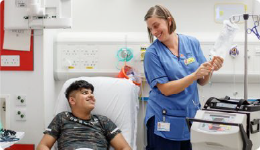If your child has any symptoms in the red box below, you need to get help urgently.
If your child has any symptoms in the amber box you should contact your GP surgery or NHS 111 as detailed below.
 |
|
|
If your child has any of the following:
|
You need help now. Go to the nearest Hospital Emergency Department or phone 999 |
 |
|
|
If your child has any of the following:
|
You need to see a doctor or nurse today. Please ring your GP surgery or call NHS 111 - dial 111 If symptoms persist for 4 hours or more and you have not been able to speak to either a GP or 111, then take your child to the nearest Emergency Department.
|
 |
|
|
If none of the above features are present |
Self care You can keep looking after your child at home. If you are still concerned about your child, call NHS 111 – dial 111 |
Content adapted with permission from the what0-18.nhs.uk resource produced by the Healthier Together initiative
